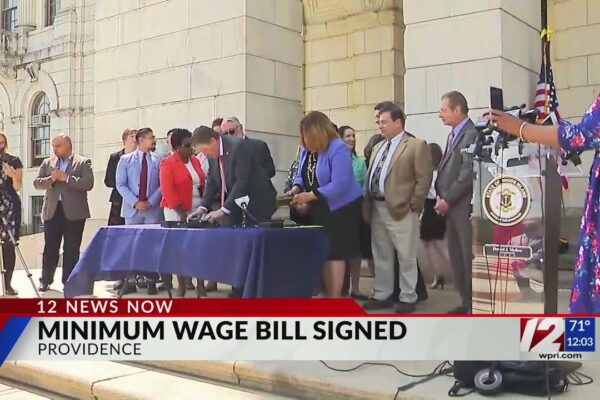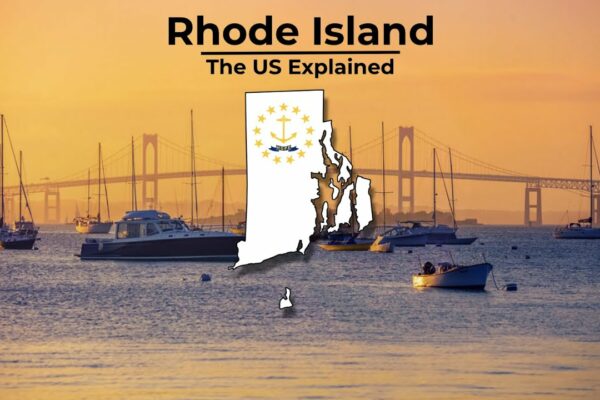
What was the reason for Rhode Island’s decision to not send delegates?
Rhode Island’s decision not to send delegates to the Constitutional Convention of 1787 stemmed from a complex interplay of factors. The state’s staunchly democratic ideals clashed with the proposed consolidation of power at the federal level. Additionally, concerns over protecting state sovereignty and the fear of a strong central government further fueled their reluctance. Ultimately, these reservations led Rhode Island to opt out, a move that underscored the state’s commitment to preserving individual liberties and local autonomy.





